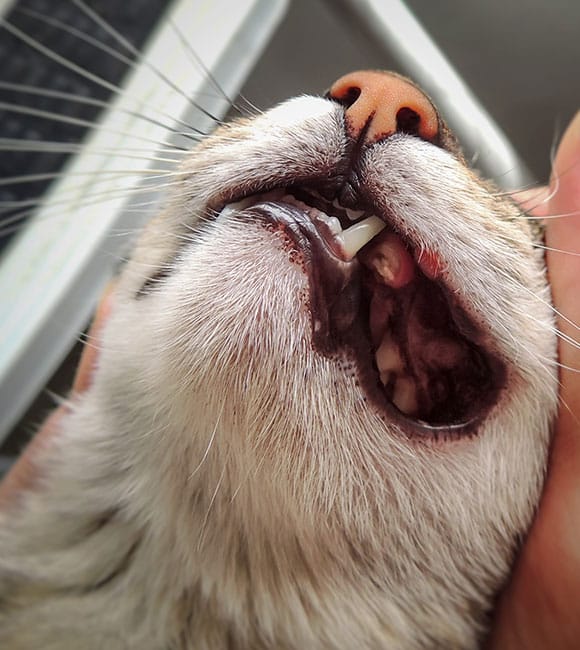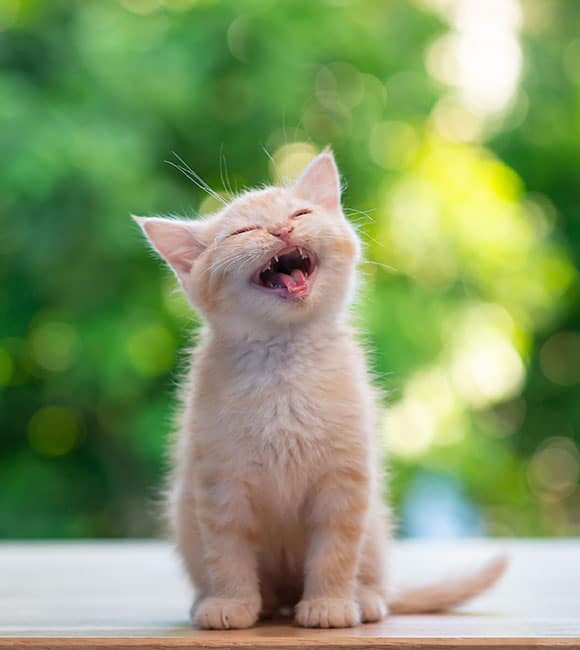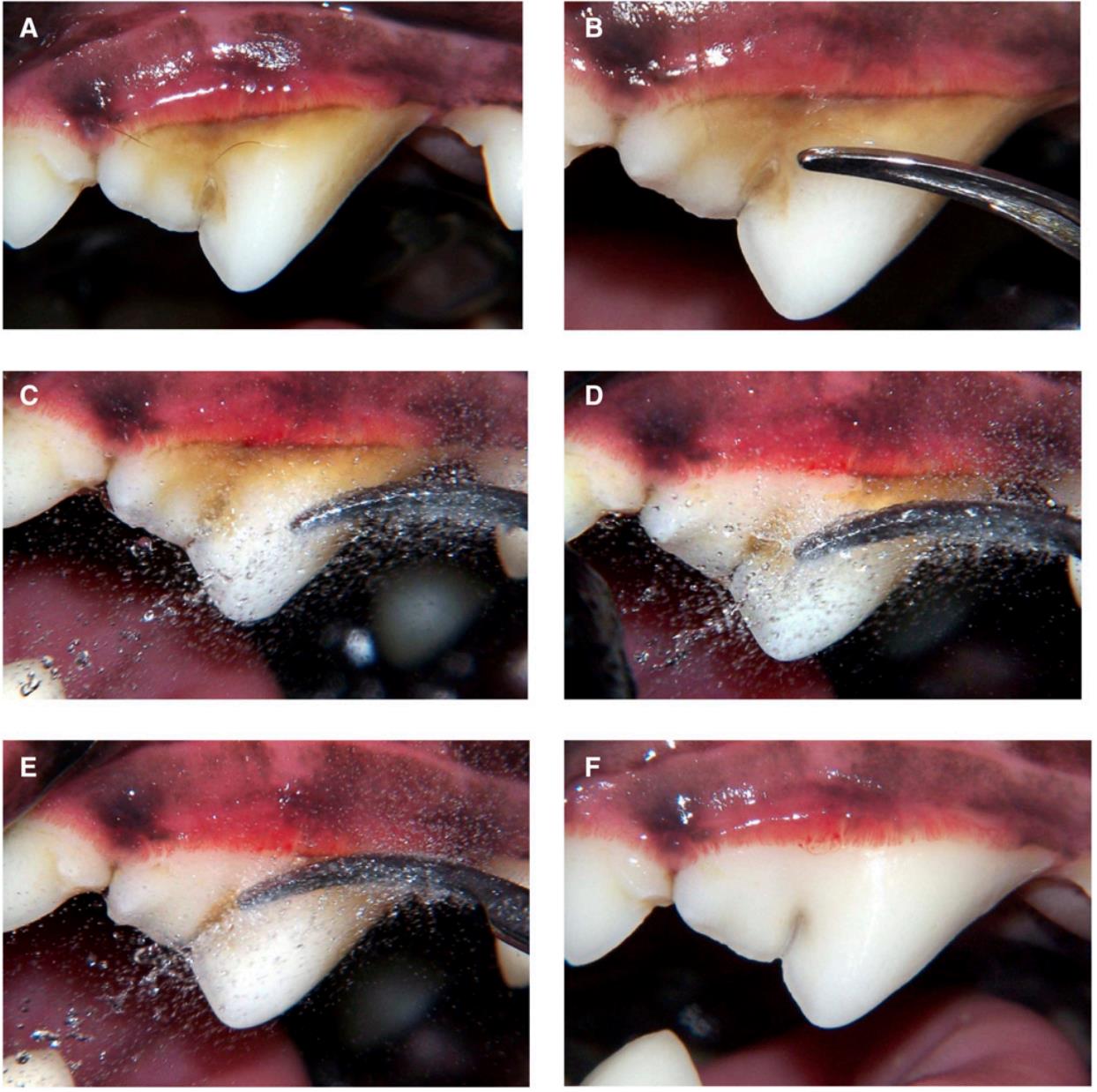Cat Teeth Cleaning in Lake Forest, CA: Unlocking Healthy Smiles for Your Furry Friends
As reported by the American Veterinary Dental Association , a significant 80% of dogs and 70% of cats face the risk of developing periodontal disease by the age of two. This condition can potentially result in tooth loss and the spread of infections from the mouth to other areas of the body. The leading cause behind this high prevalence of periodontal disease is often the underestimation of cat dental care’s importance by cat owners.
Ensuring your cat’s oral health is essential for their overall well-being. In Lake Forest, CA, cat owners can trust Bliss Animal Hospital for professional cat teeth cleaning services. Regular dental care prevents plaque buildup, tartar, and gum disease, which can lead to severe health issues. Poor oral hygiene in cats can cause pain, bad breath, and even systemic infections affecting vital organs. At Bliss Animal Hospital, our experienced veterinarians use advanced techniques to keep your cat’s teeth clean and healthy. Prioritize your cat’s dental health today and schedule a teeth cleaning appointment with us in Lake Forest.

What to Expect: Cat Teeth Cleaning
Learn more about cat dental treatments here at Bliss Animal Hospital.
FAQs About Pet Dental Care
Here are some of the most frequently asked questions from our clients about pet dental care:
FAQs About Pet Dental Care
Here are some of the most frequently asked questions from our clients about pet dental care:
What are the common symptoms in cats with dental diseases?
Cat dental problems develops slowly and can be sneaky, but watch out for these signs:
- Tartar Buildup: The gradual accumulation of plaque and tartar on your pet’s teeth.
- Loose and/or Broken Teeth: Dental issues can weaken teeth, leading to breakage or loss.
- Extra Teeth or Retained Baby Teeth: These can cause crowding and dental problems.
- Bleeding from the Mouth: A concerning sign indicating gum disease or injury.
- Bad Breath: Persistent foul odor could signify dental problems.
- Pain or Swelling in or around the Mouth: Your pet may show signs of discomfort.
- Reduced Appetite or Refusal to Eat: Dental pain can lead to reduced food intake.
- Abnormal Chewing, Drooling, or Dropping Food: Behavioral changes related to dental discomfort.
- Discolored Teeth: Stains or discoloration may indicate dental issues.

Pet dental cleaning typically involves anesthesia for the safety and comfort of your pet. Our skilled veterinary team use advanced equipment to remove plaque and tartar, polish the teeth, and conduct a thorough examination. You might wonder, is it safe to put a pet under anesthesia for teeth cleaning? Rest assured, modern anesthesia practices are safe, and our team takes every precaution to minimize risks.
How is a dental cleaning done on a pet?
Meet Our Veterinarians
The blissful faces behind the care
Driven by compassion and purpose, here is the team who will work to make a difference in your pet’s life. Every single visit.


What your neighbors are saying!
Areas we Serve at Bliss Animal Hospital:
“Better Care. Better medicine.” This is our motto, and our veterinary staff stands behind it.
Bliss Animal Hospital is conveniently located at the Home Depot Plaza in Foothill Ranch, less than a 10-minute drive from the neighborhoods of Lake Forest, Rancho Santa Margarita, Mission Viejo, and Irvine (Great Park and Portola Springs). We also serve more distant regions like Tustin, Coto de Caza, Las Flores, Ladera Ranch, Laguna Hills, Laguna Woods, Stonegate (Irvine), Woodbury (Irvine), and Cypress Village (Irvine).
Our vet hospital is ready to serve not only the communities of South Orange County but also anyone who truly believes that veterinary medicine starts with relationships.





